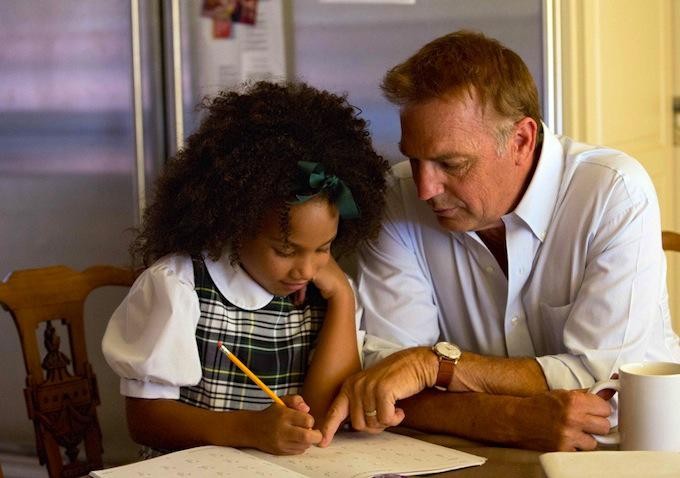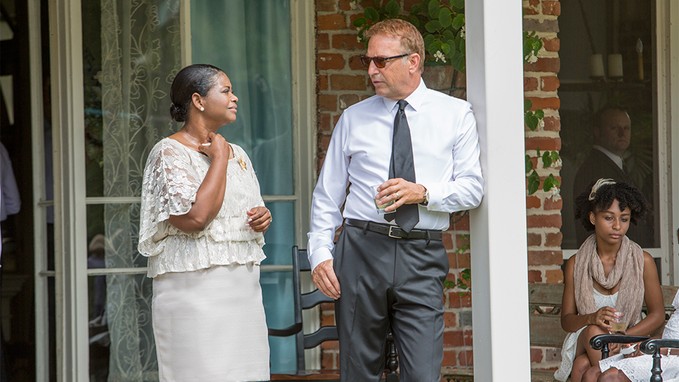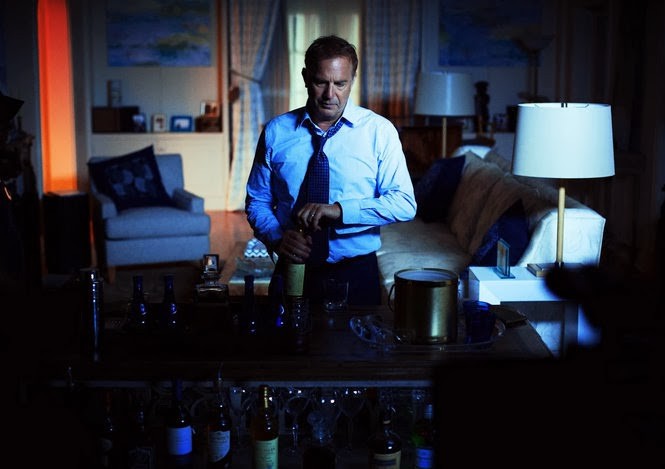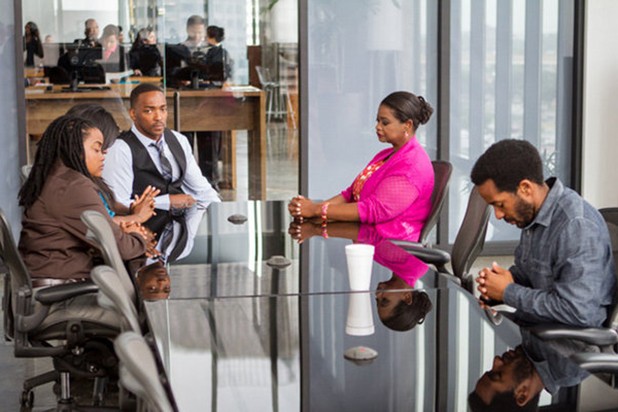Ain't It Cool News (www.aintitcool.com)
Movie News
Capone addresses speaking the truth about race with BLACK OR WHITE writer-director Mike Binder, and stars Kevin Costner and Anthony Mackie!!!
Hey everyone. Capone in Chicago here.
Readers Talkback





